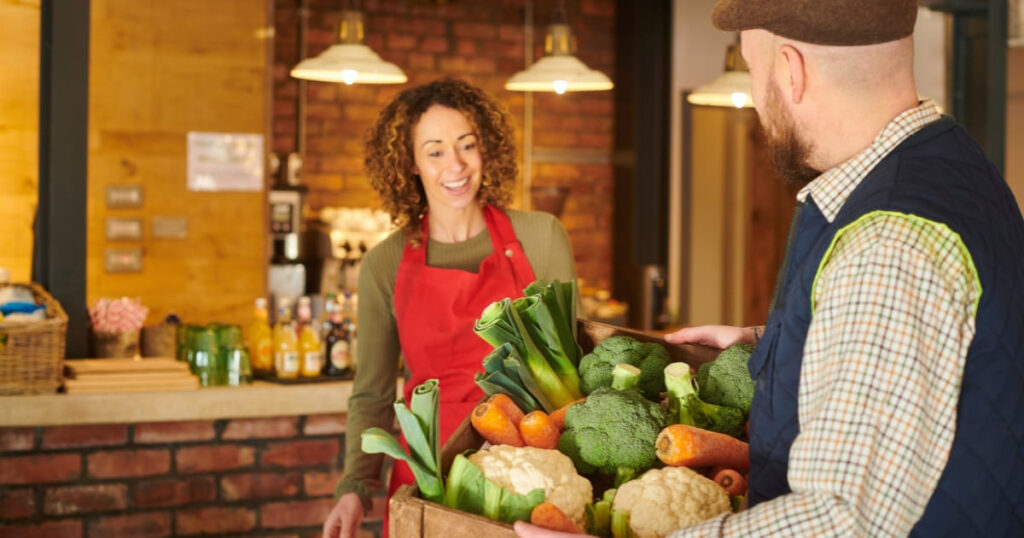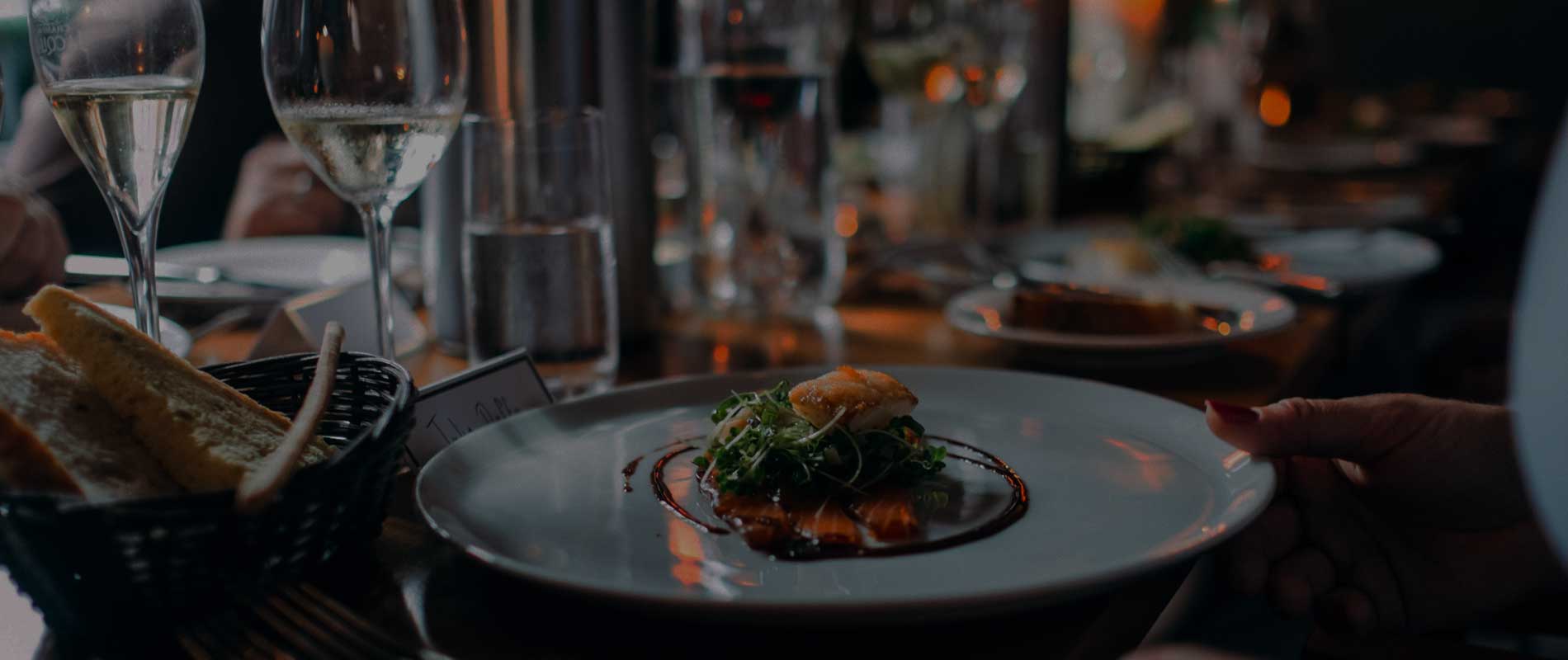
The Sustainable Restaurant Association breaks down the facts behind some common sustainability misconceptions.
- Sustainability is all about carbon footprint.
Environmental impact is usually the first thing that comes to mind when we think about sustainability: things like reducing emissions, water use and food waste; switching to renewable energy; and eliminating single-use plastics.
However, sustainability is complex and it requires a comprehensive approach. Carbon footprints are important and are a fantastic place to start but, especially for F&B businesses, moving beyond the carbon narrative to a holistic 360-degree approach is a more meaningful way to have an impact. We need to build progressive, resilient businesses – with people at their centres – that can carry us safely and responsibly into the future.
Sustainable sourcing is a central component of this work. How you spend your procurement money matters: through responsible sourcing, chefs can create demand for better agricultural and fishing practices, driving positive chain through the supply chain.
With so much urgency attached to environmental factors, the ‘S’ in ESG is too often forgotten, but it also matters how F&B businesses treat the people in their network. From customers to staff, suppliers and stakeholders, everyone with whom your business interacts deserves respect, fairness and care.
- Recyclable packaging is the most sustainable choice for takeaway service.
Of course, it’s important to recycle – but it shouldn’t be your first port of call. Plastic recycling is far less efficient and effective than is often suggested; in fact, while around 75% of plastics produced are technically recyclable, just 9% of total plastics are actually recycled. This can be due to a lack of suitable facilities or because the items themselves have not been properly cleaned. Even where food waste has contaminated one or two items, an entire batch of otherwise recyclable materials may be deemed unsuitable and sent to landfill or incineration.
There are better actions you can take when tackling non-organic waste. Top of the list is to avoid creating waste in the first place – is there a way to do without the item altogether? To make the biggest impact, we all need to ask ourselves, before any buying decision, ‘Do I really need this?’ For restaurants, this can mean ditching unnecessary items like straws (except where needed by customers with disabilities), or only providing napkins when requested. It also means using long-life alternatives where possible. Think offering reusable coffee cups – returnable for a deposit – instead of disposable cups, or incentivising customers to bring their own containers and cutlery for takeaway food.
For items that have already been created and used, it’s important to consider whether they are truly ‘waste’ at all. Prioritising finding ways to repurpose and reuse items (with the goal of keeping them in use for as long as possible) is more efficient than recycling and has a much greater long-term impact. Only when an item truly can’t be used any longer – even parts of it – should it then be disposed of in the correct bin.
If you must include takeaway packaging as part of your offering, then look for biodegradable options that don’t need to be recycled. One outstanding example of this is the taco boxes created by Wahaca in partnership with Biopak and Deliveroo. The custom BioCane trays are plastic-free and made from rapidly renewable sugarcane pulp, a by-product of the sugar refining industry. The result is compostable takeaway packaging that biodegrades naturally over a couple of months – you can literally bury it in your back garden!
Of course, recycling still has an important role to play – but there are smarter and more effective ways we can reduce our environmental impact.
- Sustainability is a luxury that smaller businesses can’t afford.
Restaurants are incredibly busy and operating within a pressure cooker of a business environment, so it’s easy for sustainability to get pushed to one side when everything else seems more urgent. However, there are some very real business benefits to doing this work, some of which have a direct and positive effect on some of the most pressing issues faced by hospitality operators today.
Doing this work in a transparent, honest and measurable way provides many customers with the peace of mind they want. This can improve brand reputation, attract more customers and build long-term loyalty. This goes for the people you employ, too: studies repeatedly show that people want to work for businesses that take care of both people and the planet. Improving your sustainability credentials means easier recruitment and better retention, both ongoing problems since the pandemic.
While sustainability can, of course, require some investment, it also creates very real cost reductions. Reducing food waste and implementing better management of energy and water use will save you money, while smart, sustainable menu design can mean better margins on dishes. Local sourcing will reduce the costs of transporting your ingredients while cutting out the middleman, which often means better-quality food at a lower price. Finally, in the longer term, you’ll also be future-proofing your business against increasingly stringent environmental legislation.
For more sustainability insights, advice and stories from across our global network, sign up to our newsletter and follow us on Instagram and LinkedIn! If you’re interested in exploring what a reputable sustainability certification can do for your business, get in touch with our Head of Growth, Will Browning, at will@thesra.org.

